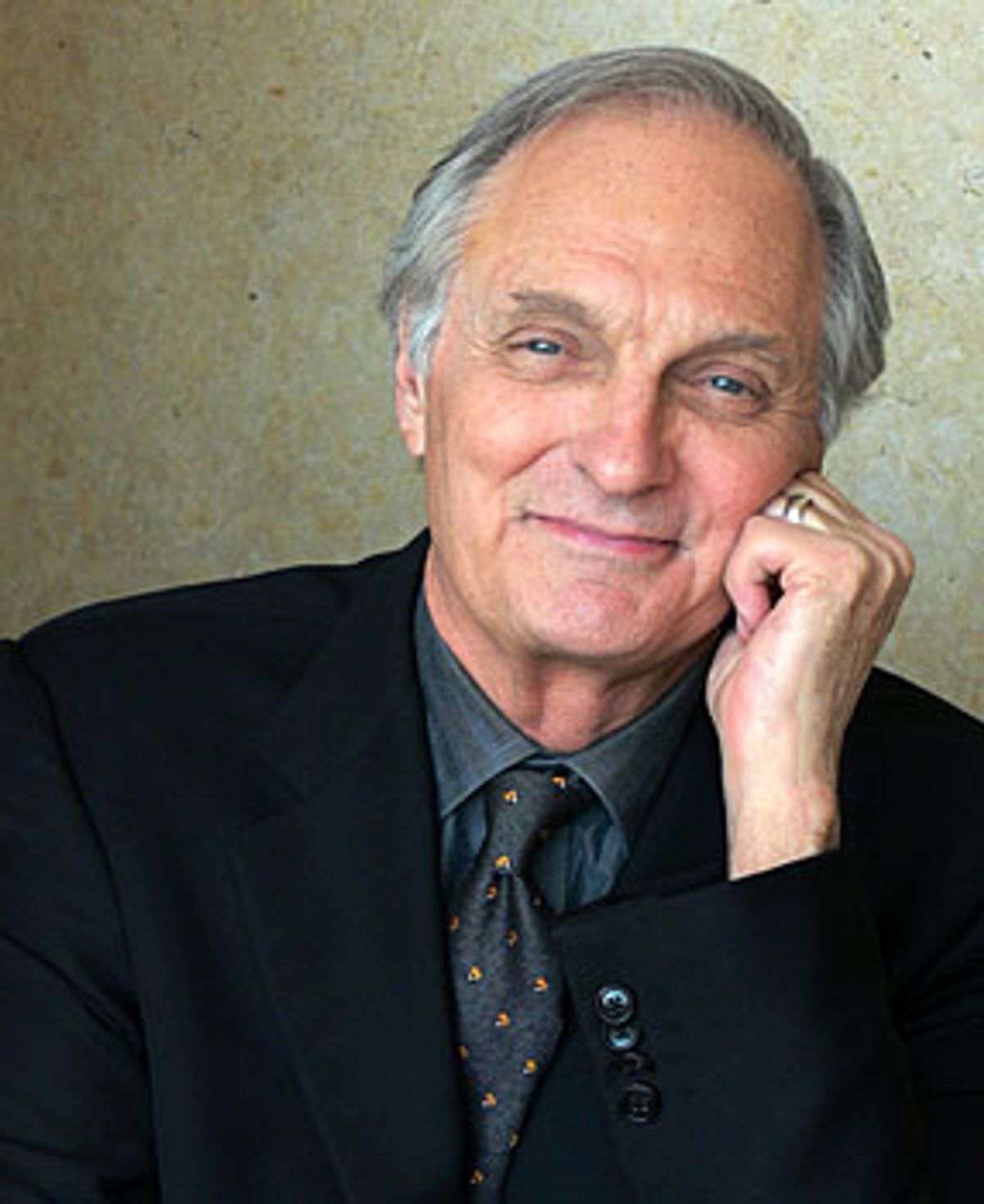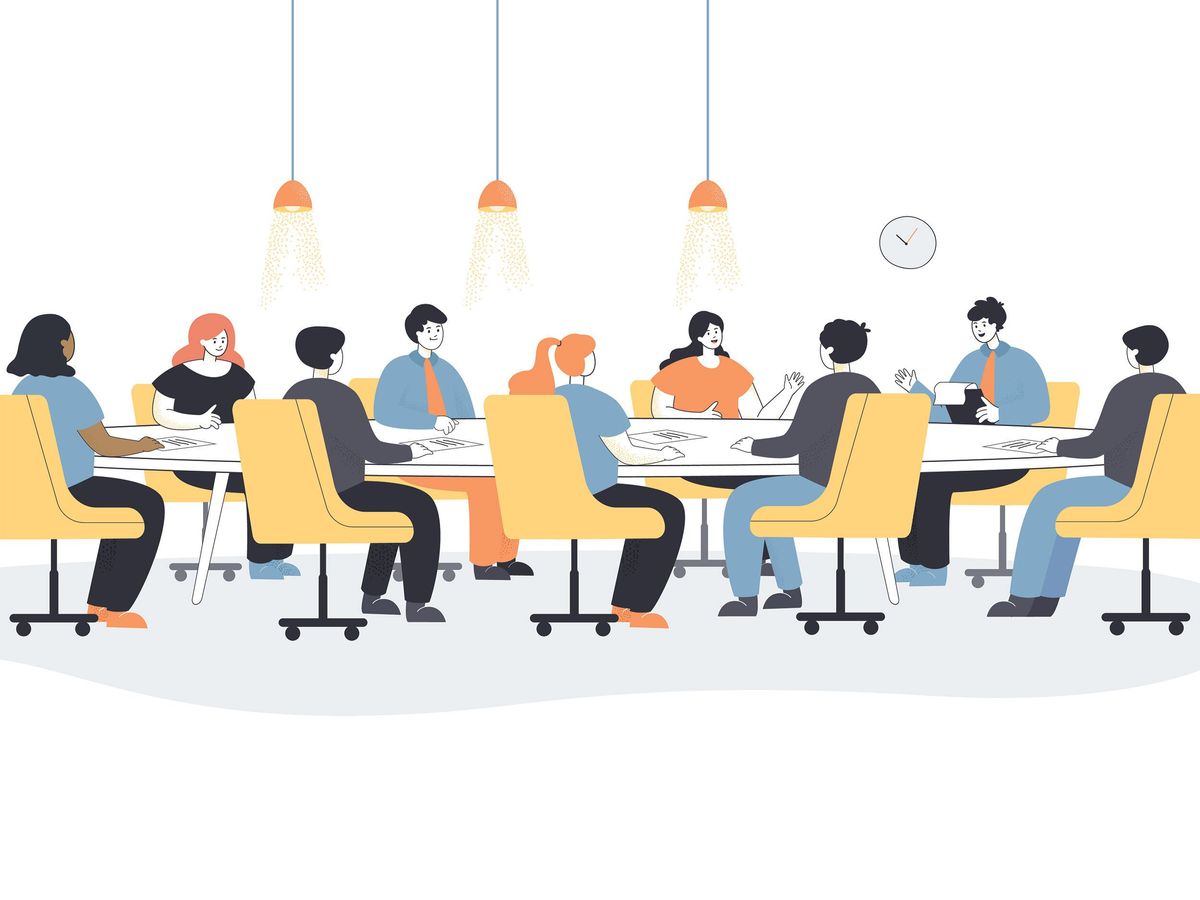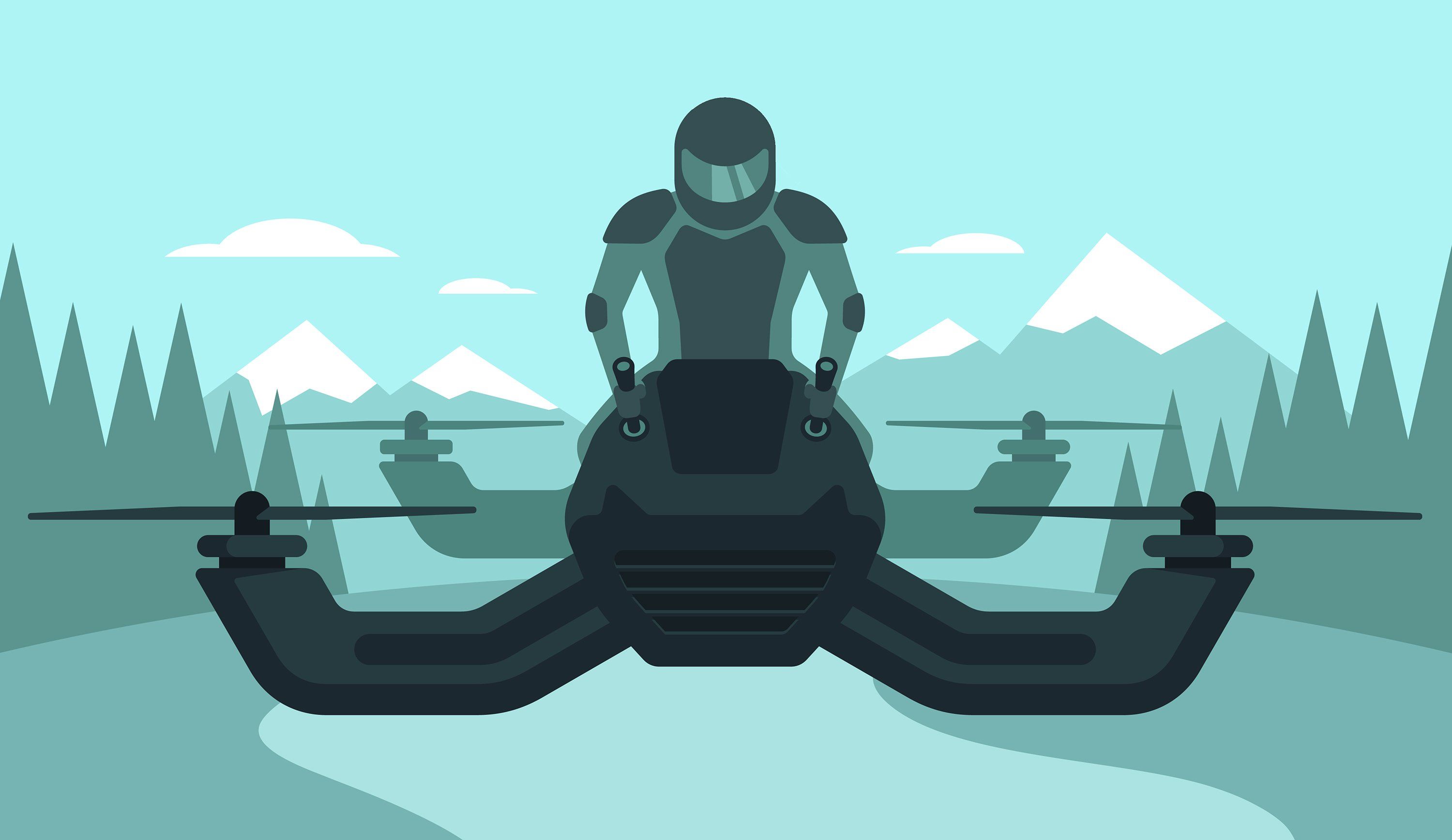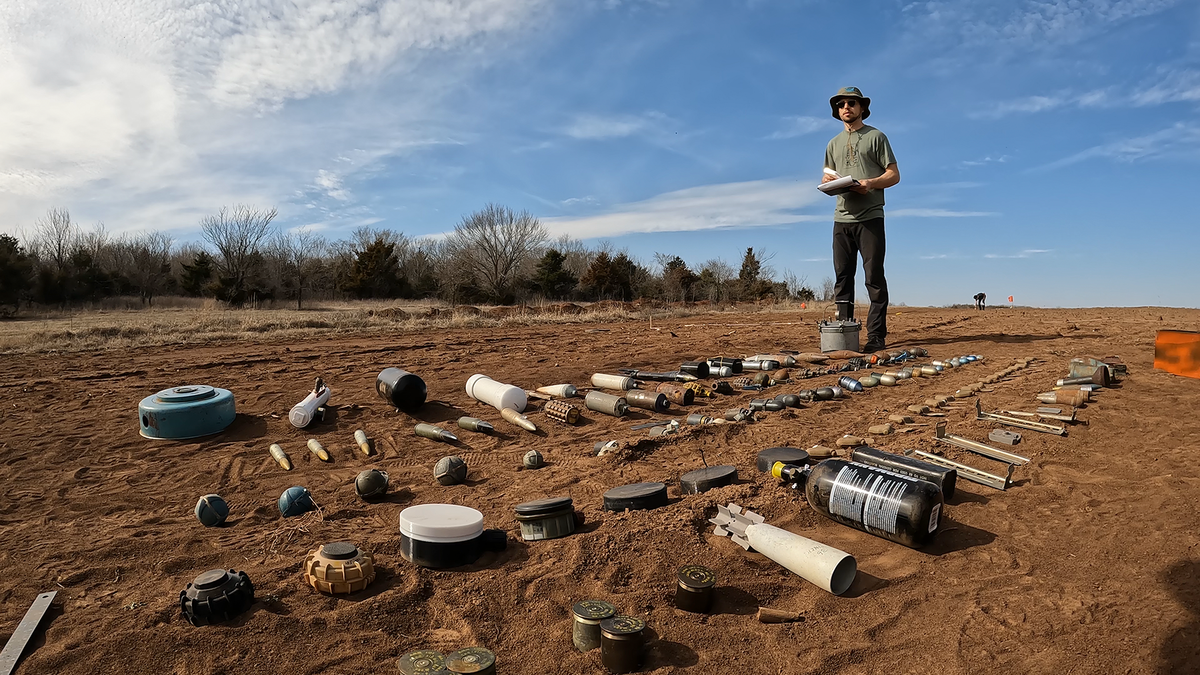Alan Alda was traveling the world interviewing scientists for his PBS series Scientific American Frontiers when he noticed they’d flip to a pedantic tone when the camera light turned on.
“That was a turning point for me – seeing the difference between conversation and lecture modes was the key to what’s holding the public back in understanding the work of scientists,” he says.
From there, he experimented with college workshops – a test session at the University of Southern California Viterbi School of Engineering in Los Angeles, followed by a more formal program at the State University of New York at Stony Brook's Center for Communicating Science (CCS) - to help young scientists better explain their research in laymen’s terms. Alda guided science students through improvisational experiences and critiques in order to teach them how to infuse more passion and stories into their research descriptions.
Last week, Alda presented his ideas on science communication to an assembly of scientists attending the Communicating Science: A Kavli Workshop for Scientists symposium at the University of California, Los Angeles’s California NanoSystems Institute.
“Our lives now run on science and we don’t know enough about it. I want scientists to be in a dynamic relationship with people,” said Alda, before imploring the audience, “Make our hearts beat with the stories of the wonderful adventure you’re on.”
He showed before and after videos chronicling student improvement, and advised three main tips of communication - akin to dating:
- Attraction – use body language, tone of voice, and eye contact more than words to grab audiences in the first two minutes.
- Infatuation – use emotion, personal anecdotes, and stories to keep your ideas in the audience’s mind.
- Commitment – maintain an ongoing connecting with the audience by listening and responding to what they’re asking.
“Our program is a work in progress,” says Howard Schneider, Stonybrook’s School of Journalism Dean who developed CCS. “We’ve done workshops with various types of populations, such as foreign students, and work with other universities who take the program back to their campuses.” (Similarly, MIT has a leadership program that helps engineers improve social skills.)
Alda’s interest in science has long extended beyond his iconic role of army surgeon Hawkeye Pierce on MASH In addition to Frontiers, he also hosted PBS’ The Human Spark last year. He also played Nobel Prize-winning physicist Richard Feynman in the Broadway play QED, and a play he wrote, Radiance: The Passion of Marie Currie, will have its world premiere at the Geffen Playhouse in Los Angeles in November.
”Funding is evaporating for things,“ says Alda, citing the scrapped Superconducting Super Collider near Waxahachie, Texas and nearly-canceled James Webb Space Telescope as examples. “We need to have better communication with other scientists and the public. Policy makers can’t approve funding for projects they don’t understand.
”We have the understanding of the universe at our fingertips, but we can’t reach for it, because we’re not communicating enough.“



